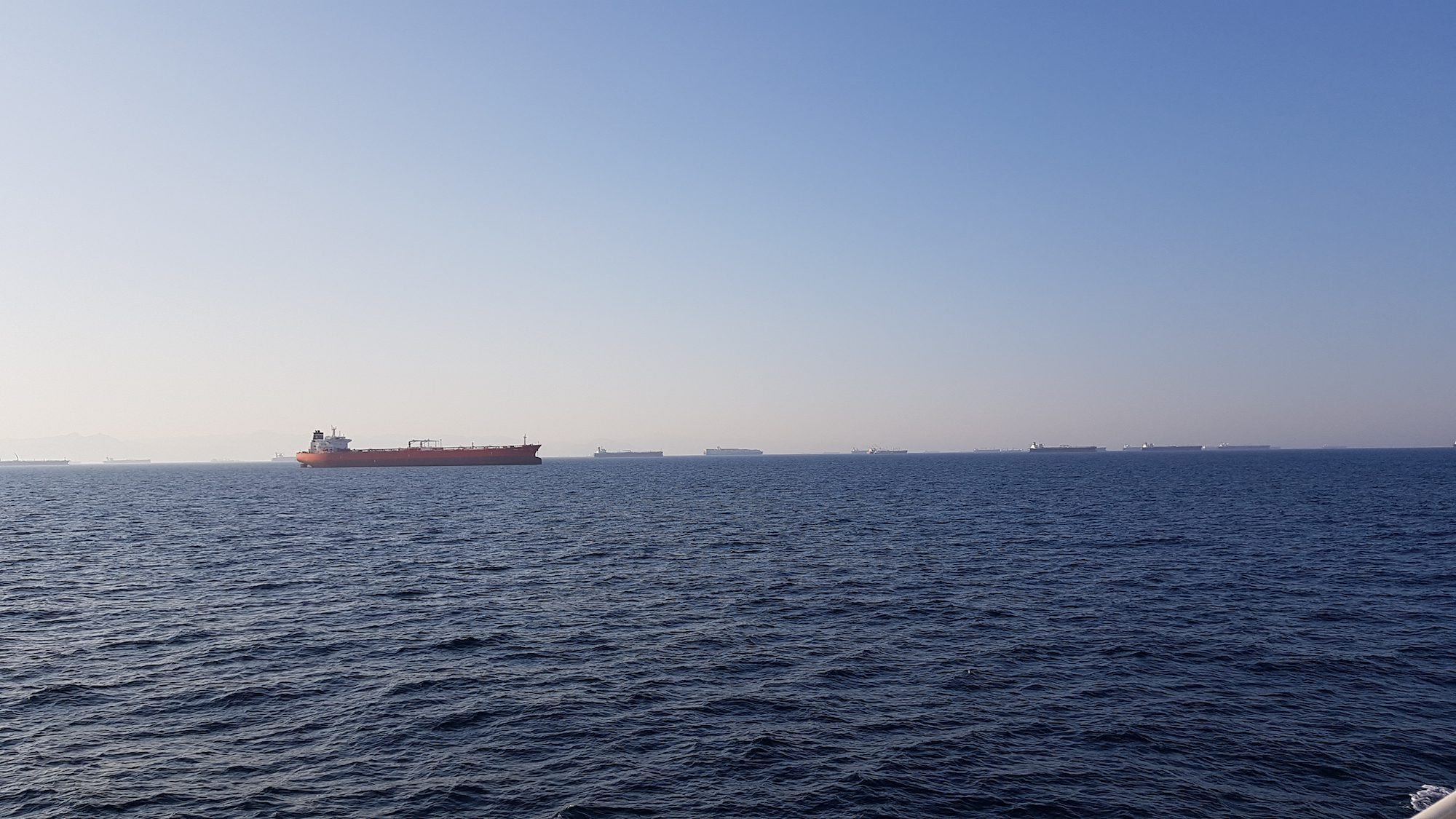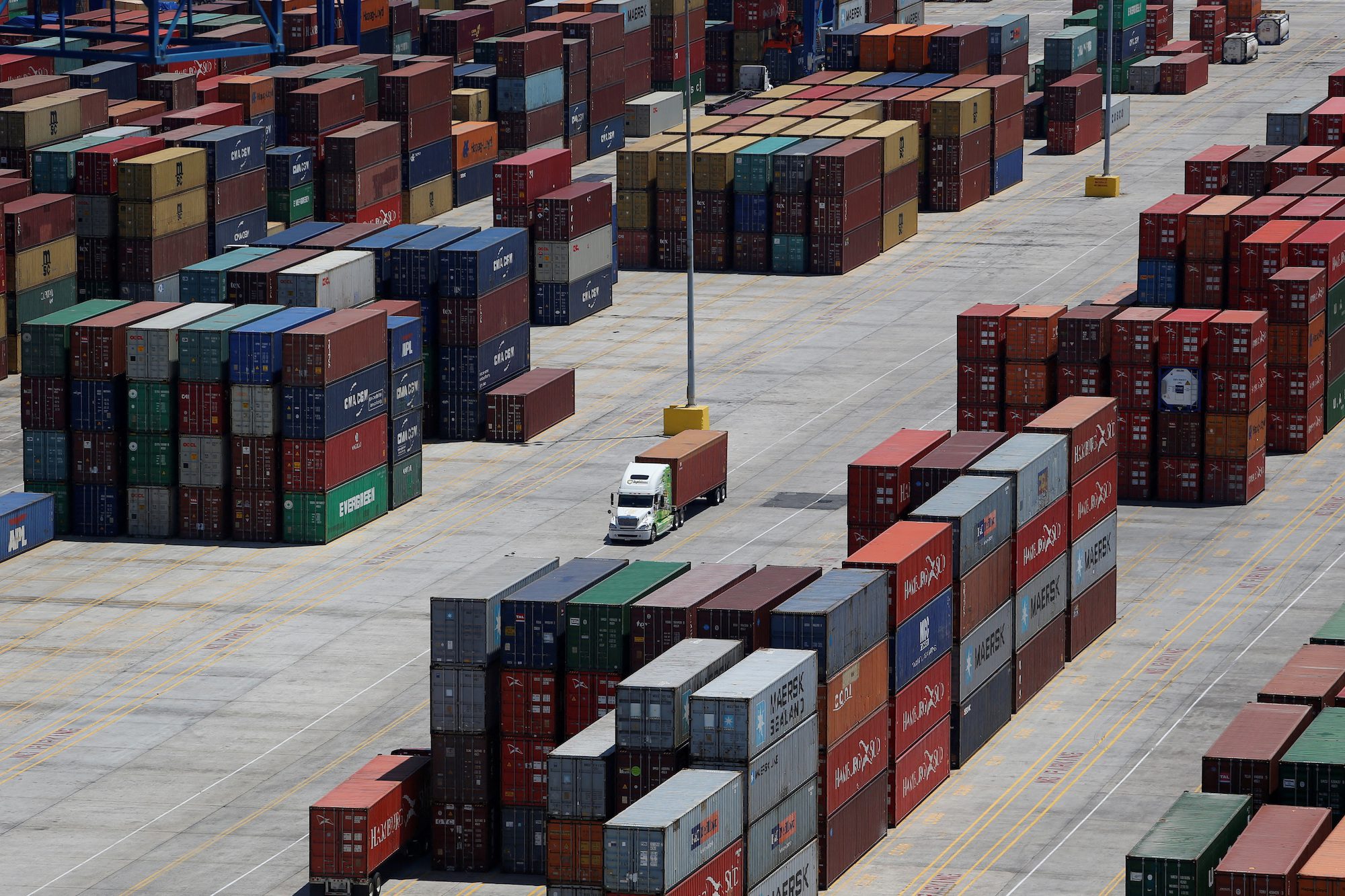By Georgina McCartney
HOUSTON, June 17 (Reuters) – Texas, Louisiana and Mississippi on Monday sued the U.S. government to block the Biden administration’s proposed rule that would require the offshore oil and gas industry to provide nearly $7 billion in financial assurances to cover costs of dismantling old infrastructure.
The rule, which would take effect later this year, will predominantly affect smaller companies that do not have investment grade ratings or sufficient proven oil reserves. Oil majors are more likely to meet the credit criteria or have large reserves.
The lawsuit was filed against the U.S. Bureau of Ocean Energy Management (BOEM), which has said the rule could affect around three quarters of operators in the Gulf of Mexico.
The BOEM did not immediately respond for comment on the suit. When the rule was announced in April, the Department of the Interior said it was “to protect taxpayers from covering costs that should be borne by the oil and gas industry when offshore platforms require decommissioning.”
New Rule Aims to Protect U.S. Taxpayers from Bearing Offshore Decommissioning Costs
Decommissioning old wells can cost billions of dollars and that expense could fall to taxpayers if companies fail to meet their obligations due to bankruptcies or the transfer of assets from large to smaller companies with fewer resources.
Louisiana Attorney General Liz Murrill filed the lawsuit in a Louisiana federal district court and was joined by attorney generals of Texas and Mississippi.
“This is a really egregious direct assault on intermediate level producers of oil and gas, and that affects a lot of business in our state,” Murrill told Reuters in an interview.
“The new regulation is a solution in search of a problem, imposing unnecessary financial burdens that will have far-reaching impacts to many small to mid-size energy producers and all Americans,” said Kevin Bruce, executive director of the Gulf Alliance, a coalition of leading independent offshore oil and natural gas producers joining the legal challenge against the BOEM.
Some 37 offshore oil and gas operators have filed for bankruptcy since 2009, according to a U.S. government agency.
“This is a significant cost to our industry that would really put a lot of people out of business,” said Mike Minarovic, CEO of Arena Offshore, which operates more than 100 platforms in the Gulf of Mexico that produce some 50,000 barrels per day of oil equivalent
The new rule could cost Arena Offshore some $800-850 million in surety bonds, plus the costs of the bonds themselves, Minarovic said, citing government estimates of decommissioning cost.
Minarovic pointed to an outflow of money from surety markets in the past five years and said securing the bonds required to guarantee fiduciary and contractual obligations “will just be a requirement the government has that cannot be fulfilled.”
As of June 2023, more than 2,700 wells and 500 platforms were overdue for decommissioning in the Gulf of Mexico, according to the U.S. Government Accountability Office, pushing the government to require operators offer additional surety bonds in a bid to protect taxpayers from footing the bill.
The BOEM held around $3.5 billion in supplemental bonds to cover between $40 billion and $70 billion in total estimated decommissioning costs.
Under the new rule, the BOEM will allow current lessees and grant holders to request phased-in payments over three years to meet the new supplemental financial assurance demands required by the rule.
It was unclear yet whether the ruling would pressure offshore production. Minarovic said there could be shut ins if companies are unable to provide the bonds in time.
The U.S. Gulf of Mexico produces roughly 1.8 million barrels per day of oil, according to the last government figures, about 14% of total U.S. output.
“These (oil) companies should pay their fair share and clean up the mess they leave behind, and that starts with assurances like this one,” Mike Scott, Sierra Club national oil and gas campaign manager told Reuters.
(Reporting by Georgina McCartney in Houston; Editing by Liz Hampton and David Gregorio)
(c) Copyright Thomson Reuters 2024.

 Join The Club
Join The Club











